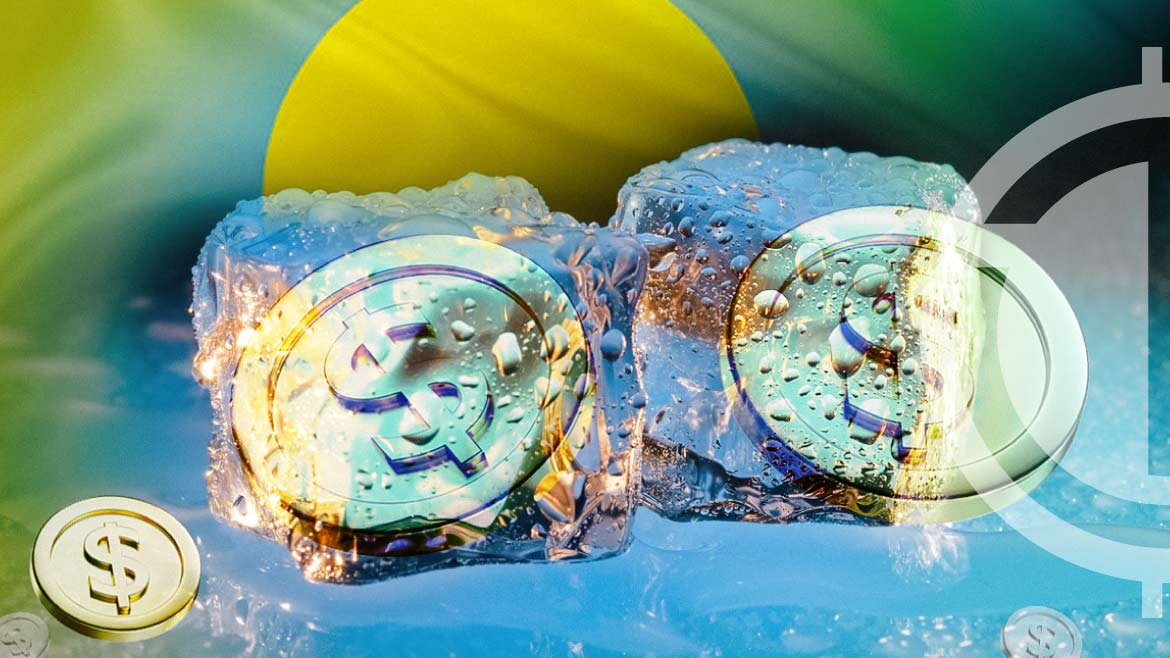- Palau’s PSC pause shows the government’s commitment to crypto oversight.
- Security scrutinized as blockchain reshapes global finance.
- XRP Ledger’s CBDC influence spreads beyond Palau.
Palau’s innovative venture into the world of cryptocurrency, with its USD-backed stablecoin, is set to take a pause as the government gathers feedback from users. This move comes as the Pacific Ocean nation wraps up its pilot project, which aimed to harness the power of blockchain technology to enhance financial transactions.
In a recent announcement made by Jay Hunter, a member of Palau’s Ministry of Finance and the head of the digital residency program, it was revealed that the distribution of the Palau Stablecoin (PSC) would cease on September 8. Following this distribution halt, the Palau Stablecoin would be frozen starting from September 15, rendering it unavailable for spending by users.
The Palau Stablecoin, affectionately nicknamed the “Kluk”, was designed with a dual purpose: reducing transaction costs and expediting the speed of transfers for both Palauan citizens and the government. What sets this project apart is its foundation on Ripple’s XRP Ledger, a blockchain platform renowned for its focus on the issuance of central bank digital currencies (CBDCs). Palau’s foray into the world of stablecoins was a promising step towards harnessing the potential of blockchain for financial inclusivity.
Interestingly, this development in Palau echoes a growing trend worldwide. The XRP Ledger CBDC platform, which served as the basis for Palau’s stablecoin, has also been adopted for pilot projects in other countries such as Hong Kong, Bhutan, Colombia, and Montenegro. These initiatives demonstrate a global shift towards exploring the utility of blockchain and digital currencies in modern financial systems.
It’s worth noting that Palau’s decision to pause the Palau Stablecoin project comes shortly after a study by the National Institute of Standards and Technology highlighted several security considerations related to stablecoin technology. The study, issued in September, identified “18 potential issues in stablecoin implementations”, underlining the importance of robust security measures in the cryptocurrency space.
While the Palau Stablecoin project is momentarily frozen for user feedback and further evaluation, it remains a noteworthy milestone in the ever-evolving landscape of digital currencies, offering valuable insights into the potential of blockchain technology for governments and citizens alike.






